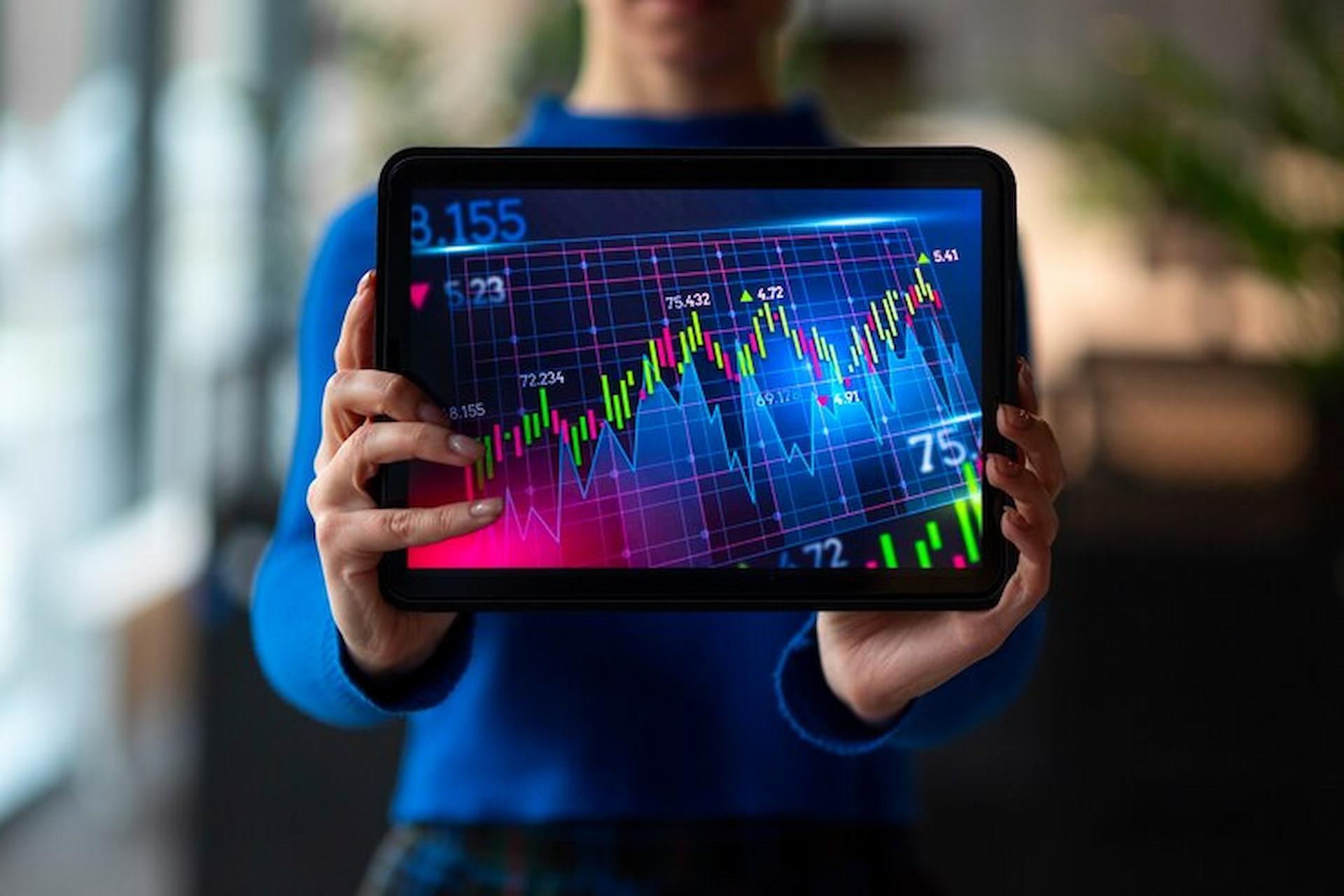The financial sector is witnessing a seismic shift, with blockchain technology at the forefront of this transformation. In the UK, the impact of blockchain is particularly pronounced in the realm of currency trading, offering a glimpse into a future where transactions are faster, more secure, and significantly more transparent. This technology is not just enhancing the way trades are executed but is also redefining trust and efficiency in forex trading. As we delve into the nuances of this revolution, it’s clear that blockchain is not merely a fleeting trend but a fundamental shift in the financial landscape.
Blockchain, at its core, is a distributed ledger technology that allows data to be stored across a network of computers, making it virtually impossible to alter or hack. This feature is particularly appealing in the forex market, where the speed and security of transactions are paramount. In the traditional trading system, transactions often involve multiple intermediaries, which can introduce delays and potential vulnerabilities. Blockchain streamlines this process by enabling peer-to-peer transactions without the need for intermediaries, thereby reducing transaction times and costs.
One of the most significant advantages of blockchain in forex trading is the enhanced transparency it offers. Every transaction on a blockchain is recorded on a public ledger, providing a transparent and immutable record of all trades. This level of transparency is revolutionary in the forex market, where trades can sometimes be opaque and difficult to track. For traders and investors in the UK, this means a greater ability to verify transactions, assess risks, and make informed decisions.
Moreover, blockchain technology facilitates the creation and use of smart contracts in trading. Smart contracts are self-executing contracts with the terms of the agreement directly written into code. In the context of trading, smart contracts can automate the execution of trades when certain conditions are met, thereby reducing the need for manual intervention and the potential for human error. This automation not only streamlines the trading process but also enhances the efficiency and reliability of executing trades.
The introduction of blockchain into trading also promises to address some of the challenges related to currency exchange rates and cross-border payments. Traditionally, these transactions can be slow and costly, particularly when converting currencies. Blockchain technology enables the use of digital currencies and tokens, which can be transferred across borders more swiftly and with lower transaction fees than traditional fiat currencies. This capability is particularly beneficial for forex traders in the UK, who often deal with multiple currencies and require fast, cost-effective solutions for currency conversion and transfer.
The forex market is known for its volatility and the complex nature of currency valuations. Blockchain technology, with its transparent and immutable ledger, provides a more reliable and secure framework for recording trades. This reduces the risks associated with discrepancies, fraud, and trading disputes, creating a more stable and trustworthy environment for trading.
As blockchain technology continues to evolve, its potential to transform the forex market is becoming increasingly apparent. The UK, with its robust financial sector and forward-thinking regulatory environment, is well-positioned to lead this transformation. By embracing blockchain, the UK’s trading landscape can achieve unprecedented levels of efficiency, transparency, and security, setting a new standard for currency trading globally.
Blockchain technology is revolutionizing currency trading in the UK, offering solutions that promise to reshape the very foundation of the forex market. From enhancing transaction speed and security to providing unmatched levels of transparency and reducing costs, blockchain stands at the intersection of innovation and practicality. As this technology continues to mature, its integration into forex trading will likely deepen, heralding a new era of digital finance. For traders, investors, and financial institutions in the UK, the blockchain revolution is not just an opportunity to streamline operations but a call to reimagine the future of currency trading.

Leave a Reply
You must be logged in to post a comment.